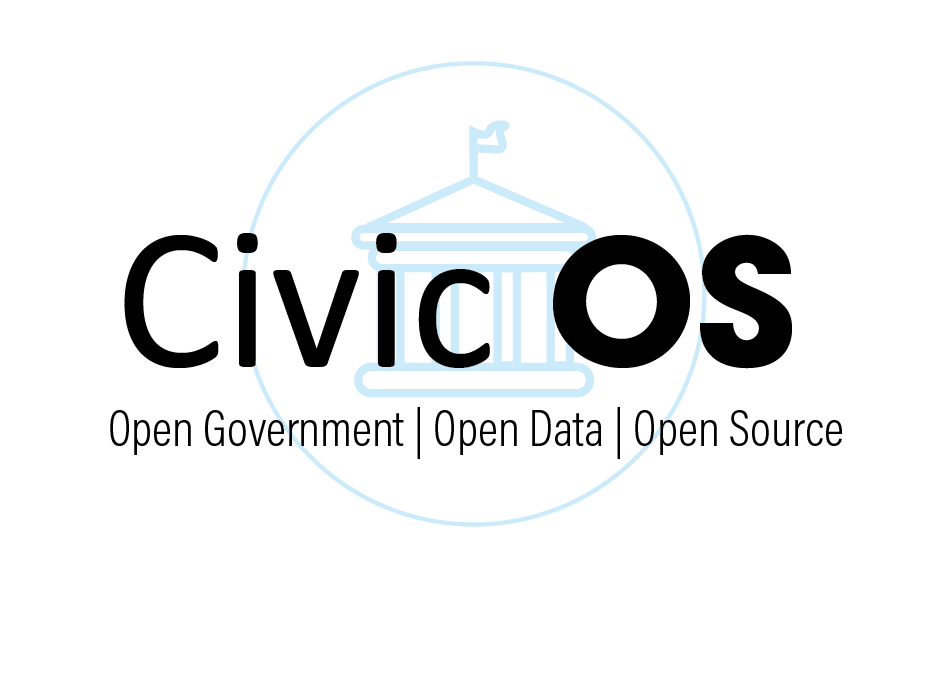
Empowering Government & Non-Profits
Civic OS is a low/no-code software platform that allows government agencies and non-profit organizations to build and tailor their own information systems without writing code.
Tools, not Products | Open by Default | Runs Anywhere
Ready to Transform Your Organization?
Civic OS helps municipalities and non-profits manage information and engage stakeholders effectively. Our transparent pricing serves agencies of all sizes—from grassroots to enterprise.
View PricingA Vision for Democratic Innovation
We believe in elevating civic technology. Software for government and non-profits should embody transparency, justice, and democratic participation—not merely serving as administrative tools, but as instruments of truth and vehicles for genuine community engagement.
Our VisionWhy Civic OS?
Raise the Level of Abstraction
Build systems without writing code. Our platform translates concepts into concrete structures automatically.
Tools, Not Products
Customize your information systems to match your unique needs. Templates available when similarities exist.
Open by Default
Transparency and open data are built into our DNA. Your data, your control, with AGPL licensing.